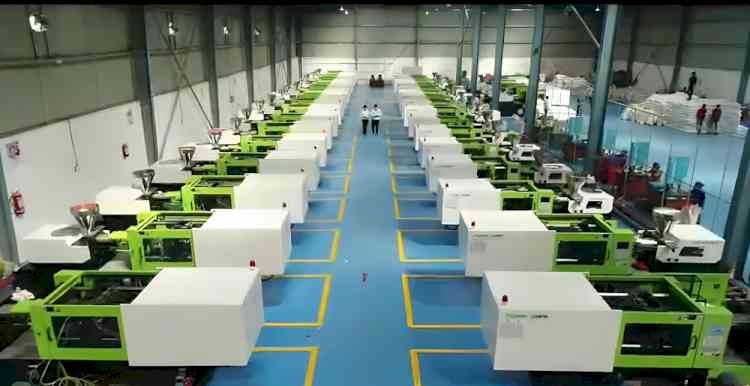Reconstructing cell's life history to understand diseases
London, June 30 (IANS) Researchers have developed new methods to trace the life history of individual cells to their origins in the fertilised egg. By looking at the copy of the human genome present in healthy cells, they were able to build...

London, June 30 (IANS) Researchers have developed new methods to trace the life history of individual cells to their origins in the fertilised egg.
By looking at the copy of the human genome present in healthy cells, they were able to build a picture of each cell's development from the early embryo on its journey to become part of an adult organ.
"With this novel approach, we can peer back into an organism's development," said Sam Behjati from Wellcome Trust Sanger Institute in Britain.
"If we can better understand how normal, healthy cells mutate as they divide over a person's lifetime, we will gain a fundamental insight into what can be considered normal and how this differs from what we see in cancer cells," he added.
During the life of an individual, all cells in the body develop mutations, known as somatic mutations, which are not inherited from parents or passed on to offspring.
These somatic mutations carry a coded record of the lifetime experiences of each cell.
By looking at the numbers and types of mutations in a cell's DNA, researchers were able to assess whether the cell had divided a few times or many times and detect the imprints, known as signatures, of the processes of DNA damage and repair that the cells had been exposed to during the life of the individual.
"By looking at the numbers and types of mutation in each cell, we will be able to obtain a diary, writ in DNA, of what each healthy cell has experienced during its lifetime, and then explore how this changes in the range of human diseases," said professor Mike Stratton, director of the Sanger Institute.
The study appeared in the journal Nature.

 cityairnews
cityairnews 
















